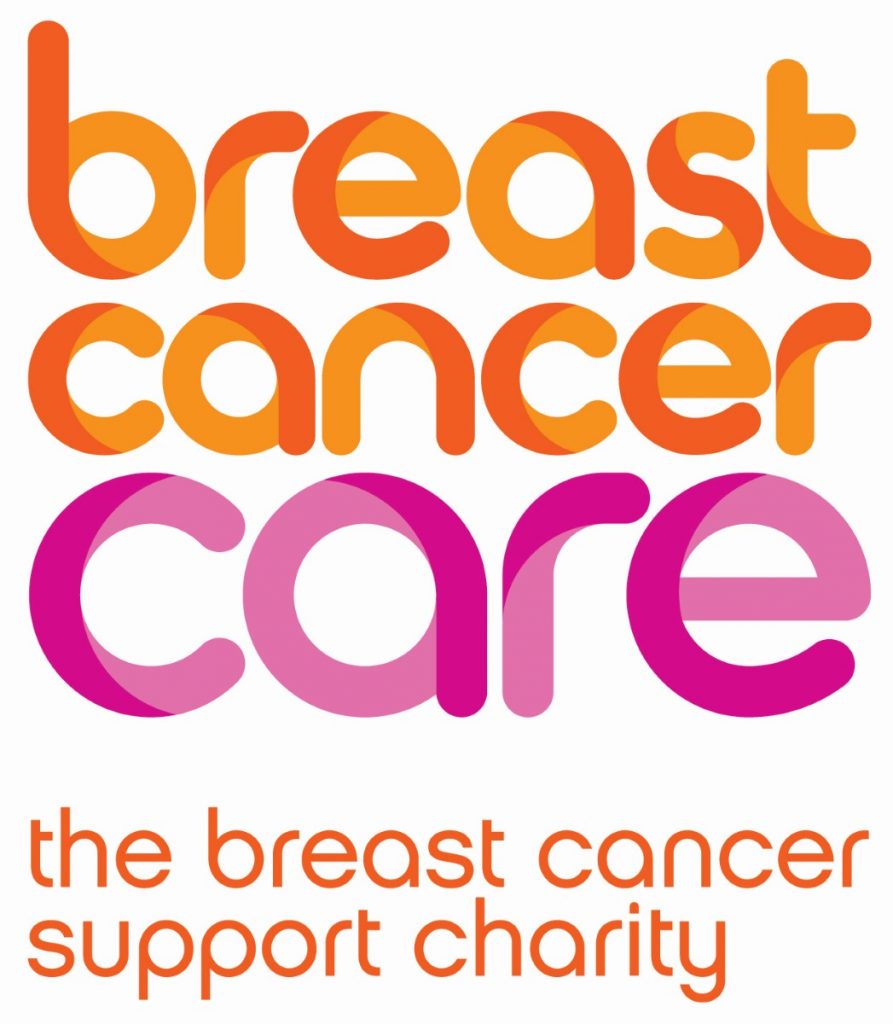Early study into how certain breast cancer grows and spreads
Responding to a new findings from a study led by Cardiff University’s European Cancer Stem Cell Research Institute, which suggests that triple negative breast cancers1 are particularly ‘stem-cell-like’ and the future possibility of developing a new genetic test, Rachel Rawson, Senior Clinical Nurse Specialist at Breast Cancer Care, says:
“We welcome any new research that can improve our understanding of how triple negative breast cancer spreads to other parts of the body. Particularly as patients diagnosed with this type of breast cancer have fewer treatment options available, which can cause them a great deal of worry.
“Knowing more about this type of breast cancer is essential and it could one day allow oncologists to tailor treatment to individuals. This could mean a better chance of survival for these patients.
“However, much more research is needed and we will await the long term results of further studies with interest.”
For further information, please contact:
Sophie Softley Pierce, PR Officer at Breast Cancer Care
020 7960 3505 (out of hours 07702 901 334)
Sophie.pierce@breastcancercare.org.uk
Notes to editors
1. When breast cancer is removed during a biopsy or surgery, the cells are tested to try to find out what’s helping the cancer to grow. Some cancers are encouraged to grow by hormones or by a protein in the body. Doctors can tell this by looking for characteristics called 'receptors'. Cancers that don't have receptors for hormones or the protein are called triple negative. Around 15% of people have triple negative breast cancer. Hormone therapy and most targeted therapy drugs will not help if a patient has been diagnosed with triple negative breast cancer. More information here
About Breast Cancer Care
Breast Cancer Care is the only specialist breast cancer support charity working throughout the UK. We were founded in 1973 by Betty Westgate, who was herself diagnosed with breast cancer. In the ensuing forty years we have supported millions of women and their families through our face-to-face, phone and online services. We also provide training, support and networking opportunities to specialist breast cancer nurses, and Breast Cancer Care publications are used by the majority of breast cancer units throughout the UK. We campaign for better support and care and promote the importance of early detection, involving people with breast cancer in all that we do.
Visit www.breastcancercare.org.uk or call our free Helpline on 0808 800 6000.





-01.png)